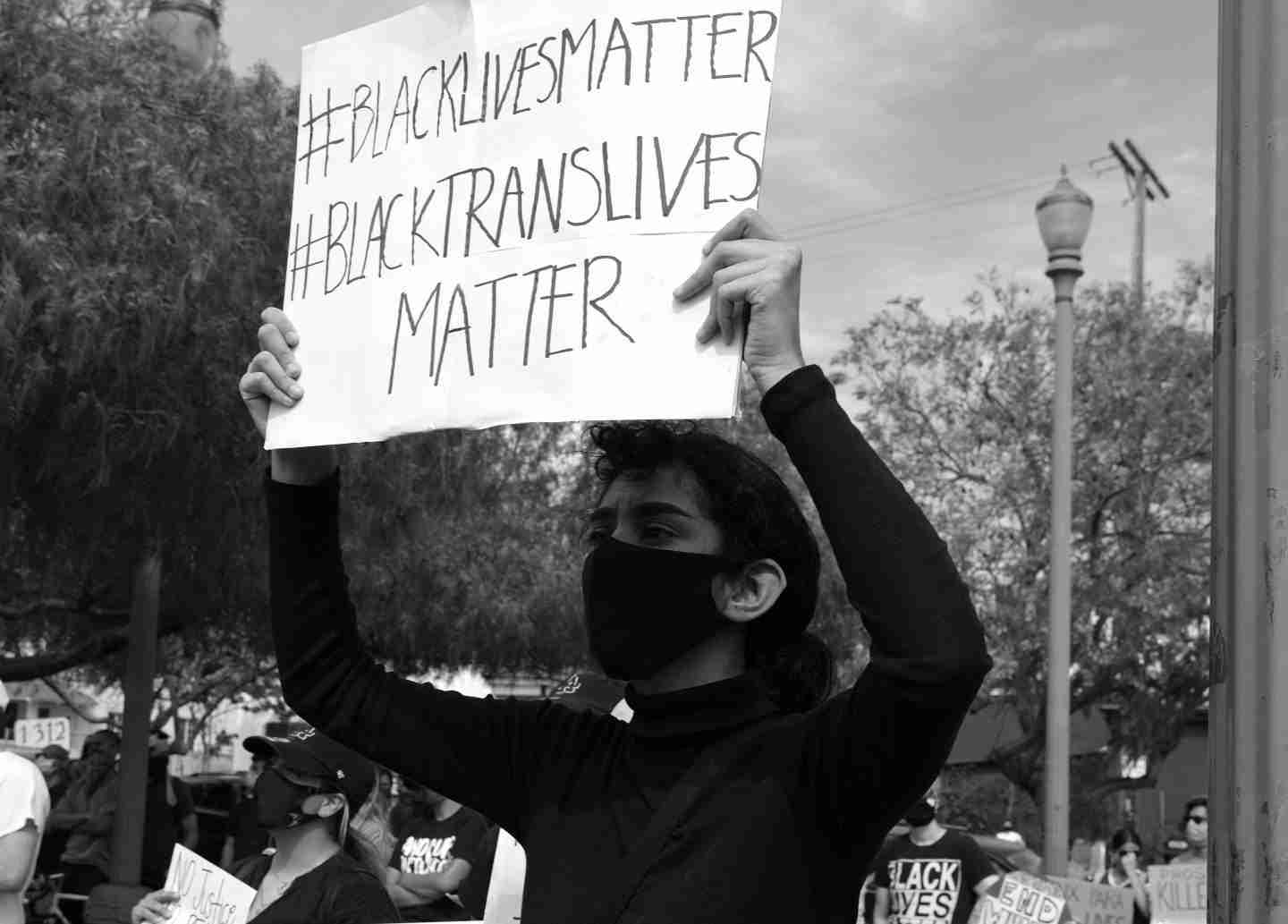
So here we are.. the twenty-first century, reflecting on the past few week’s events and scenes from around the Globe. There is only one place to start: BLACK LIVES MATTER.
Nonchalant want to add our voices to the discussion and be the best advocates we can in support of Black Lives Matter. These ideas and lists are by no mean extensive. But we think they will help shine light, direct focus and allow all the opportunity to listen and to learn.
It is commonly presumed we live, love, work, dine and exist in an amazing city. We are free, we do what we want, we date who we want, when we want (Pause Covid for a second). But is that a true reflection? The short answer is a resounding No. Our society is blighted by structural inequality.
Yeah, it is shit for everyone but exponentially lame if you are a person of colour. But what can we do? Things are only getting better right? Mmmmm Nah….. It is not enough to be quietly non-racist, now is the time to be vocally anti-racist.
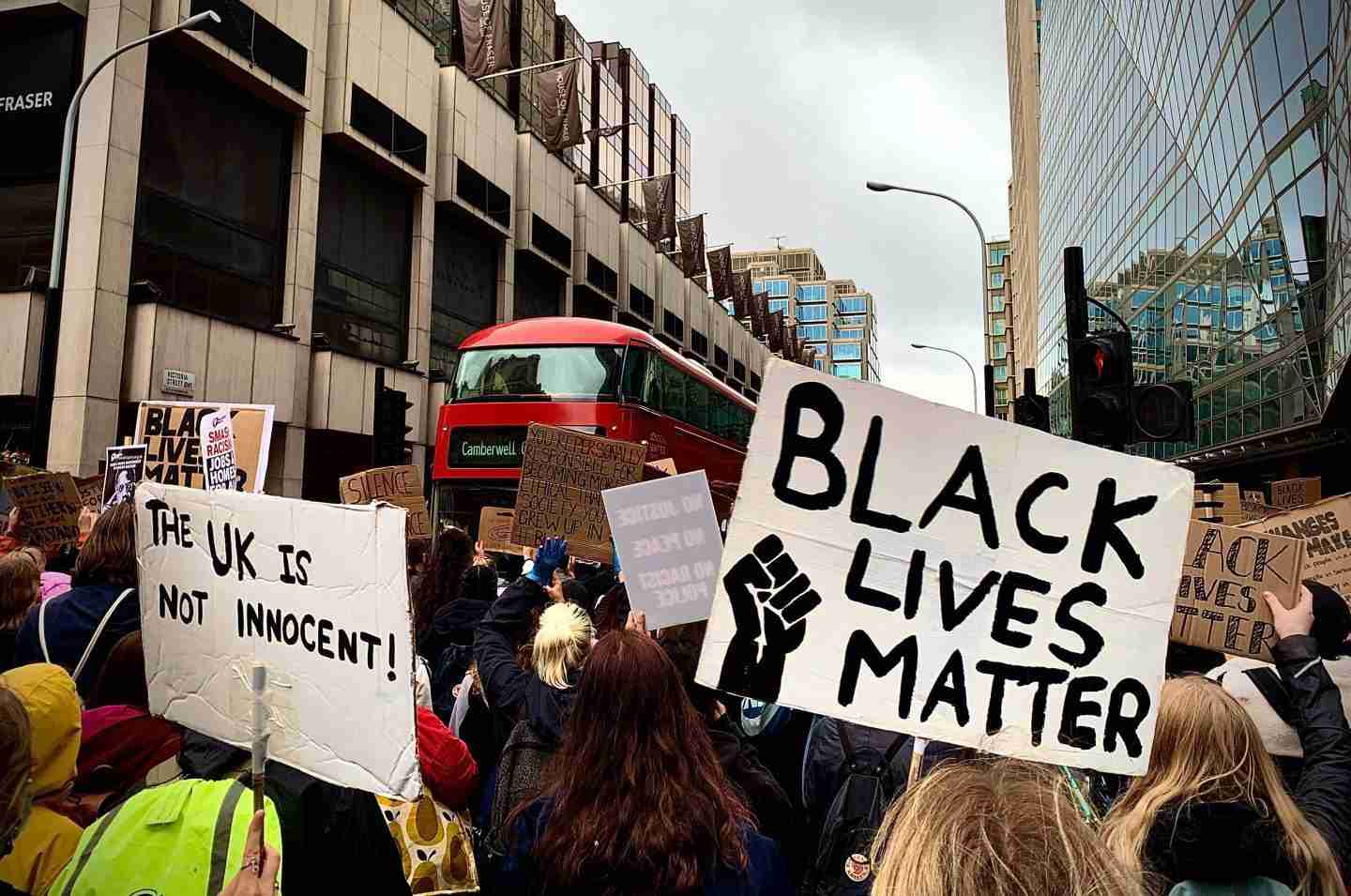
How do we start to turn the tide? What if you say something wrong? How do we go about being anti-racist?
“The beauty of anti-racism is that you don’t have to pretend to be free of racism to be an anti-racist. Anti-racism is the commitment to fight racism wherever you find it, including in yourself. And it’s the only way forward.“
The eloquent words of Ijeoma Oluo
Becoming better equipped to understand the underlying issues of race in our society can be challenging. This is why we’ve put together a list of books, documentaries, podcasts and other resources, that we have been educating ourselves with over the past couple of weeks:
1) Why I’m No Longer Talking to White People About Race

Reni Eddo-Lodge’s fantastically insightful, accessible and wholly uncompromising book ‘Why I’m No Longer Talking to White People About Race‘ offers an Anglocentric perspective on the structural racism that exists and how it came to be. It is thought-provoking and at times uncomfortable at just how much discrimination can be missed and ignored even though it is incomplete plain sight.
Okay, so we may have mentioned this book already in Must-Reads for Pride, but it’s that important a read, that we felt the need to mention it twice.
2) 13th
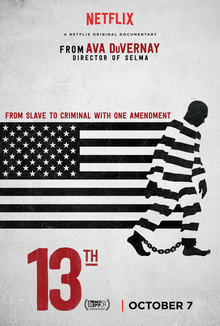
Hard-hitting Netflix documentary “13th ” (2016), is one to watch to better
understand the current tensions in the US that have echoed around the world. The film takes its name from the 13th Amendment to the American constitution which abolished slavery with these words:
“Neither slavery nor involuntary servitude, except as a punishment for crime whereof the party shall have been duly convicted, shall exist within the United States.“
13th Amendment
However, the filmmakers go on to argue that the amendment acted as a loophole to convert slavery into criminality. Therefore, keeping black people enslaved to the American justice system. The film, directed by Ava DuVernay (the first black female director to be nominated for an Oscar), discusses the disenfranchisement and criminalization of the black community since the American civil war. It takes aim at the ‘Prison Industrial Complex’, a phenomenon of the US that allows prisons to become profit makers.
The narrative delves into the underlying socio-economic structures that contribute to making America’s prison system, not only the largest in the world but one that comprises mostly of black people. An eye-opening and well-informed documentary, ’13th’ is a rallying cry for change in support of Black Lives Matter.
3) The Good Immigrant
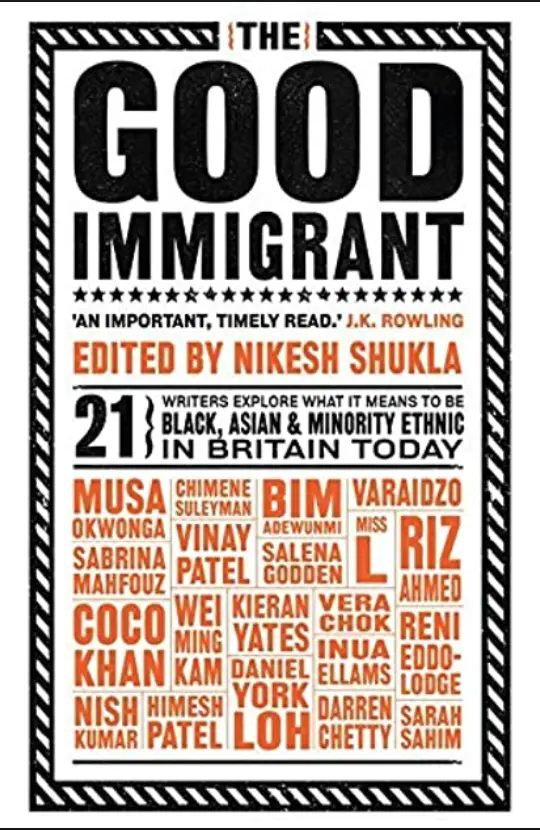
Bringing together 21 essays from black, Asian and minority ethnic voices emerging in Britain today, ‘The Good Immigrant’ explores why immigrants come to the UK, why they stay and what it means to be ‘other’ in a country that doesn’t seem to want you, doesn’t truly accept you – however many generations you’ve been here – but still needs you for its diversity monitoring forms.
A few quotes we would like to highlight taken from these essays;
Forming Blackness Through a Screen by Reni Eddo-Lodge:
“To be an immigrant, good or bad, is about straddling two homes, whilst knowing you don’t really belong to either. It is about both consuming versions of blackness, digging around in history until you get confirmation that you were there, whilst creating your own for the present and the future. It is up to you to make your own version of blackness in any way you can – trying on all the different versions, altering them until they fit.“
Namaste by Nikesh Shukla:
“A comedian, Kumail Nanjiani, an avid gamer, once expressed his delight that the Call of Duty series finally set a level in Karachi, the city of his childhood, now one of the top ten most dangerous cities in the world. He was appalled, on playing the game, to see that all the street signs were in Arabic. Not Urdu. He talks about the effort put into making each follicle on each soldier’s head stand out, into making their boot laces bounce as they ran, the millions spent developing this game, and how at no point did anyone decide to Google the language of Pakistan.”
The essays are real stories that can often be humorous, challenging, thought-provoking and angry. But the most important thing to remember is that they are REAL. An eye-opener and an essential read into what it is like growing up in Britain for anyone who isn’t white.
4) Don’t Touch My Hair
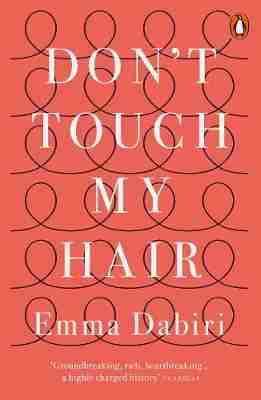
This book delves into the importance of black hair and why it matters so much. The Author, Emma Dabiri, gives the book it’s title ‘Don’t Touch My Hair’ because of one of the most common, yet frustrating aspects of being black in a predominantly white society.
Emma Dabiri explains how black hair is personal to her. She explains how when she was growing up, she was subjected to a multitude of unwanted comments and attention because her hair was ‘different’. This lead to her feeling ashamed of her hair, and resorting to getting it chemically straightened. However, as Dabiri continued through her adult life, she began to realise how important her coiled hair was to her identity as a black woman. She decided she needed to stop straightening her hair and embrace her curls.
Don’t be fooled though, this book is about a whole lot more than hair. Dabiri explores black hair history and unapologetically resurfaces forgotten tales around the ongoing damages of colonialism. The book outlines how black hair and hairstyling can be understood as an analogy for both black oppression and liberation.
5) When They See Us
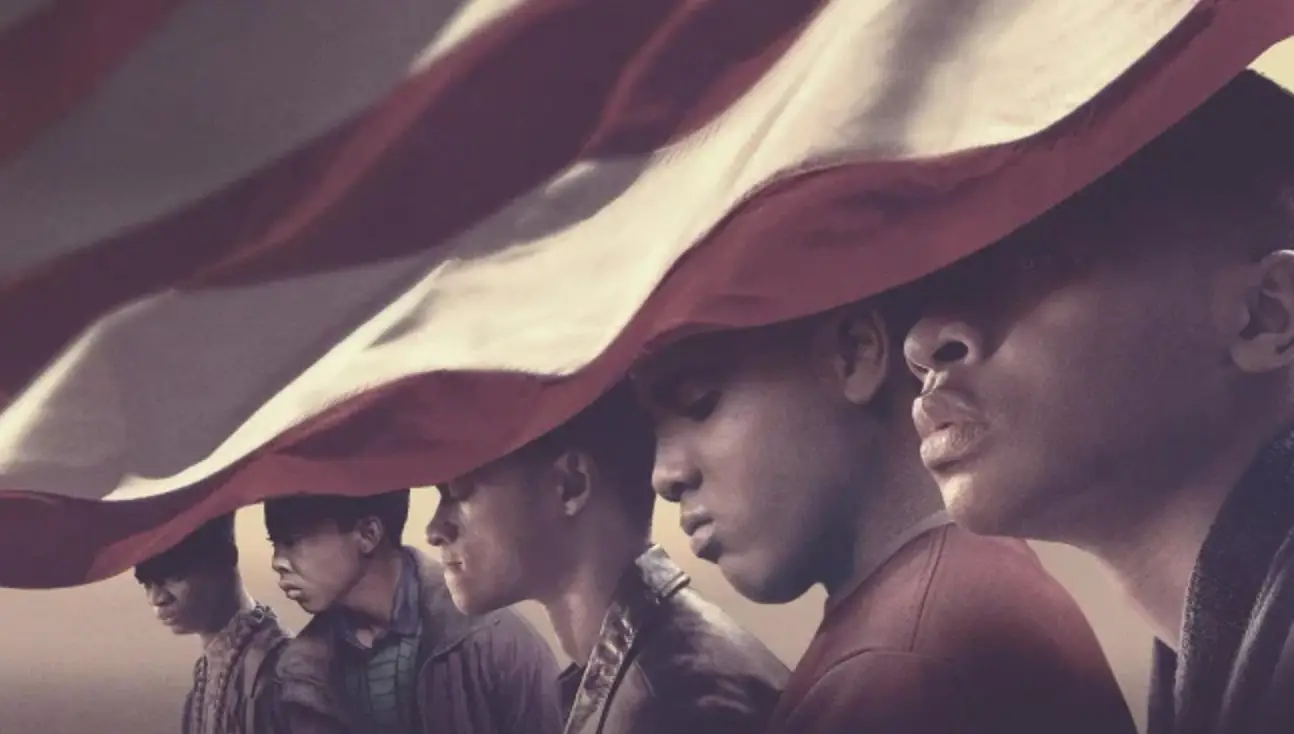
This incredibly heart-wrenching Netflix docudrama tells the true story of the Central Park Five: Korey Wise, Kevin Richardson, Raymond Santana, Antron McCray and Yusef Salaam. Five Harlem teens who were in the wrong place in the wrong time and ended up being falsely accused of the attack and rape of a young white woman in Central Park.
The mini-series painstakingly retells the story of these five teens – now men. It depicts the horrific injustices that black and brown people have experienced, and still experience from the legal system and from the media.
This true story is one of too many examples which clearly outline that systemic racism is real, and that it is a huge fucking problem! Change is long overdue, Black Lives Matter.
It’s a privilege to be able to educate yourself further…..
- How to Be an Antiracist– Ibram X. Kendi
- Me and White Supremacy How to Recognise Your Privilege, Combat Racism and Change the World- Layla Sands
- I Am Not Your Baby Mother – Candice Brathwaite
- Hood Feminism: Notes from the Women White Feminists Forgot – Mikki Kendall
- So you want to talk about race – Ijeoma Oluo
- In Our Mad and Furious City – Guy Gunaratne
- Sister Outsider – Audre Lorde
- Your Silence Will Not Protect You – Audre Lorde
- Black and British: A Forgotten History – David Olusoga
- They Can’t Kill Us All – Wesley Lowry
- Natives- Akala
- Brit(ish) – Afua Hirsch
- The Color of Fear, (documentary) directed by Lee Mun Wah (1994)
- Sitting in Limbo, (drama) BBC iplayer
Also, listen to a compilation of tracks on Spotify, ‘Black, Queer and Proud.’
We understand that we will never understand, however, we stand.
Take Care,
Love Nonchalant x


